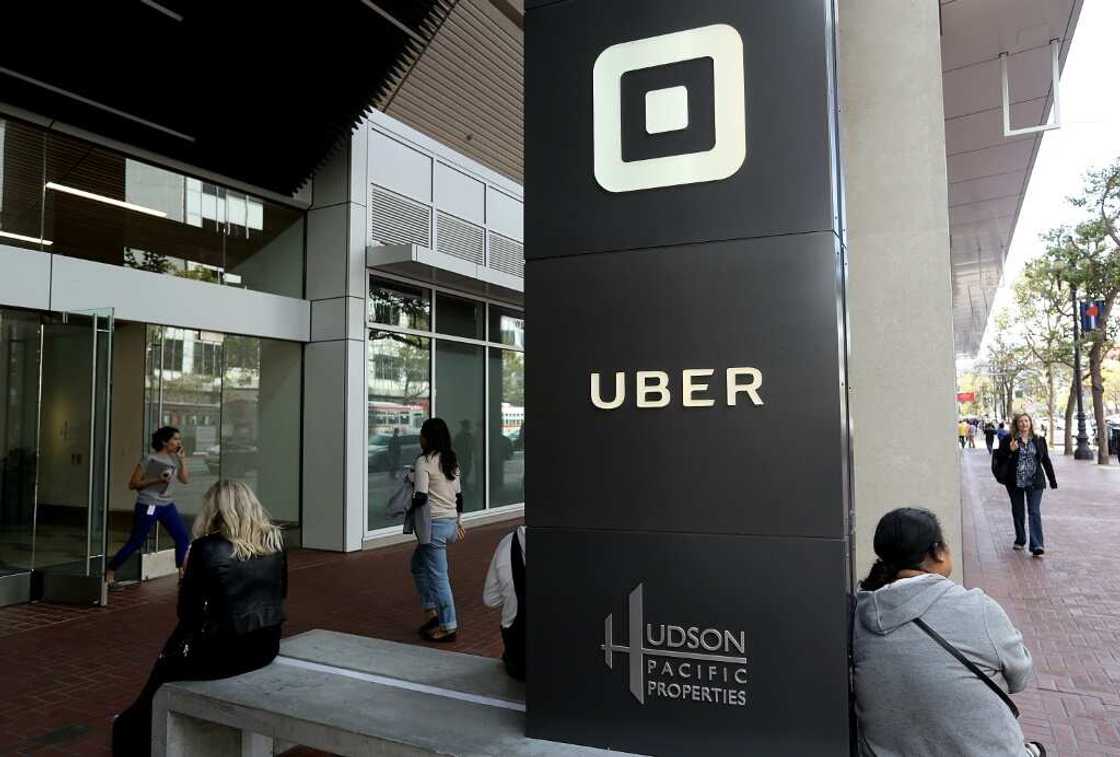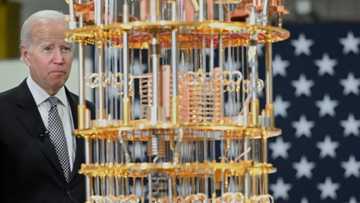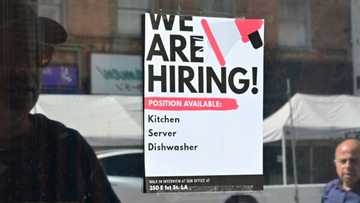US proposes redefining when gig workers are employees

Source: AFP
United States labor officials proposed a rule change Tuesday that could make it easier for gig workers such as Uber drivers to be reclassified as employees entitled to benefits.
The move by President Joe Biden's Labor Department would lower a bar set by his predecessor regarding when someone is considered an employee instead of a contract worker.
It also comes as "gig economy" companies from rideshare platforms to food delivery services strive to maintain the status quo.
The new formula includes factors such as how long a person works for a company and the degree of control over the worker, as well as whether what they do is "integral" to a business, according to the proposed rule.
"We believe the proposed regulation would better protect workers from misclassification while at the same time providing a consistent approach for those businesses that engage or wish to engage with independent contractors," Jessica Looman of the US Department of Labor said at a press briefing.
Being classified as employees would entitle workers to sick leave, overtime, medical coverage and other benefits, driving up costs for companies such as Uber, Lyft and DoorDash that rely on gig workers.
PAY ATTENTION: Join Legit.ng Telegram channel! Never miss important updates!
The proposed rule change is subject to a 45-day public comment period, meaning there is no immediate impact, but share prices took a hit on the news.
Uber and Lyft shares ended the formal day down more than 10 percent, while DoorDash was down nearly six percent.
"It's a clear blow to the gig economy and a near-term concern for the likes of Uber and Lyft," despite uncertainty about how the new rule might be interpreted across the country, Wedbush analyst Dan Ives said in a note to investors.
"With ride sharing and other gig economy players depending on the contractor business model, a classification to employees would essentially throw the business model upside down and cause some major structural changes if this holds."
Uber and Lyft have consistently argued that their drivers want independence, provided benefits are added to the mix.
In California, the cradle of the gig economy, voters in late 2020 approved a referendum backed by firms such as Uber that preserved keeping drivers classified as independent contractors.
The measure effectively overturned a state law that would require the ride-hailing firms and others to reclassify their drivers and provide employee benefits.
The vote came after a contentious campaign with labor groups claiming the initiative would erode worker rights and benefits, and with backers arguing for a new, flexible economic model.
Source: AFP




